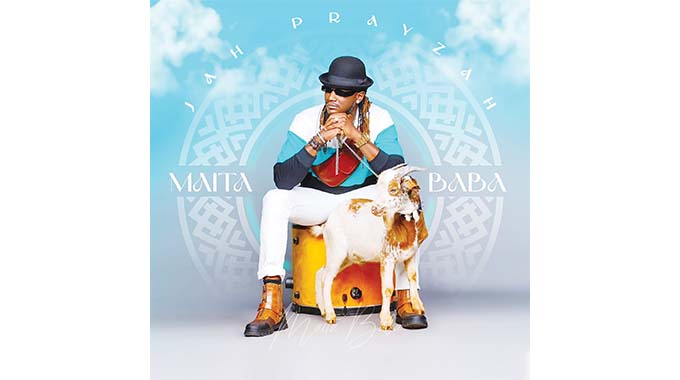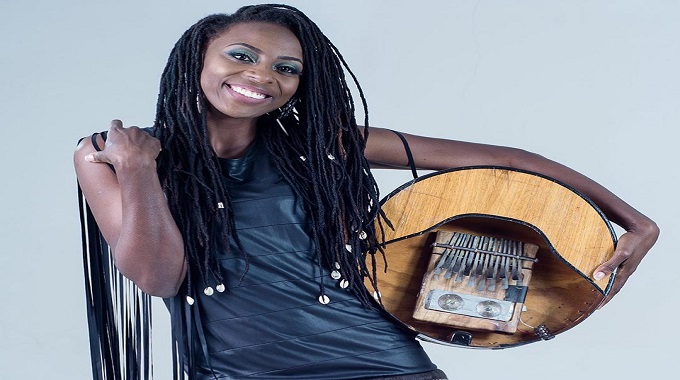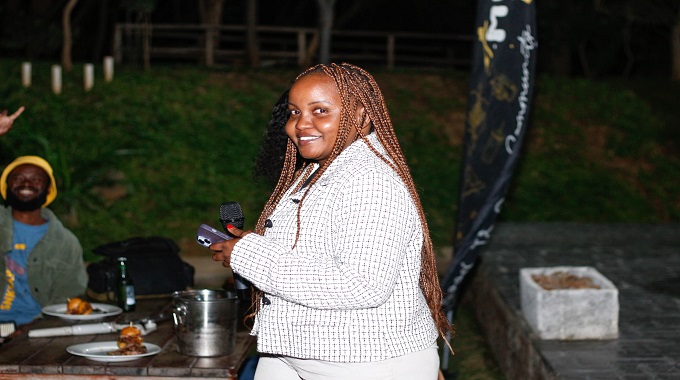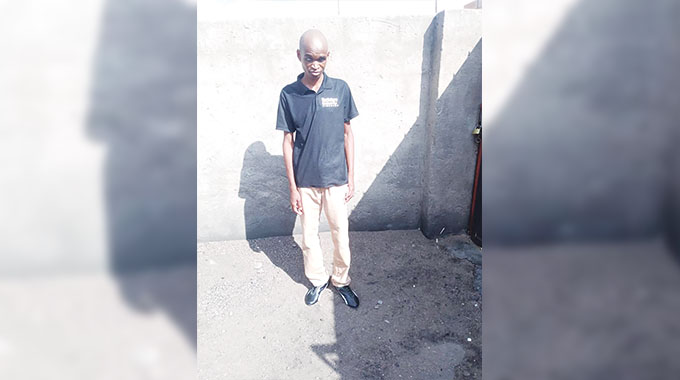JP, Maita Baba and the monster on radio

Robert Mukondiwa
If there is anything the true connoisseur of Jah Prayzah’s music (but not a blind zealot or undying fan) will tell you is that his music is pretty much like an ugly baby. Only a mother can love it from the outset. You have no choice.
But with the discerning musical palate, it starts to blossom and grow on you and before you know it, you are captivated beyond mortal comprehension and it imprisons you.
That is the reason why, from my infinite wisdom gathered over the years in reviewing the core essence of music, I have always insisted on not one, not two, not three listens, but a whole lot more.
Embedded in the music are phrases and cultural references one needs to consult those wiser than themselves in African traditional culture to fully understand and then appreciate the song even more.

Winky D
It is a mark of the “tradinaissance” Zimbabwe that cultural musical traditional renaissance has been ushered in by young artistes who unashamedly draw their inspiration from our culture and past previously spited and denigrated by other adopted religious cultures.
Artistes like Winky D, Diana “MaNgwenya” Samukange, Hope Masike, and a whole lot of other names have come out as it were.
But that sort of sophisticated beauty, as I said, is not easy to understand at the very first listen, like an ugly baby becomes a swan and comes into its own eventually.
Take King Charles for example. Those ears and smile that was every caricature artiste’s greatest weapon. The younger he was a prince, yes, but like the frog that needed a kiss to transform, Charles needed a lot of kisses and not even Diana’s lips could transform him.
Then the aged Charles sits on the throne and lo and behold, he is the real deal. The real McCoy. The big kahuna. And such is the music of traditional artistes and such is the fate of the second album Jah Prayzah released recently entitled Maita Baba.
And in the same strand of divinity and spirituality, Jah Prayzah continues on a journey of storytelling and pouring his heart out. He sings like a man who has established where the source of his misfortune lies and who is out to destroy him.
And that is the source of his power as well. After all, it is hard to see the snake in the grass unless you are a bird soaring up high in the sky.
And when you are up high, it means you have attained hard cold golden achievements.
Jah Prayzah certainly has!
While the themes seem to spill over from Chiremerera, the two albums set side by side seem to complete a bible of modern musical proportions. If Chiremerera is an adult sound with mature overtones, Maita Baba will appeal to the traditional Jah Prayzah music lover complete with seemingly familiar riffs and nuances.
And so the two albums become an old and new testament of sorts, each addressing a different set of JP “believers” as it were!
There is a feeling of Deja Vu in instances where you feel like you have heard the song before. But that simply means JP has finally created a sound that is unique to him.
Like Tuku Music for Oliver Mtukudzi, Zora for Leonard Zhakata, or the Job’s Combination style of a shared equity merger of imbube and jazz equally shared between Fanyana Dube and Lovemore Majaivana, there is a signature sound that he has successfully curated and can now patent.
But there is naughtiness in Maita Baba. A half-hearted foray into uncharted waters by Jah Prayzah. While Walletically, for example, is your typical JP song and quirky take on lyricism, Tocheka, his collaboration with DJ Tira and Nomfundo is him curiously dipping his toes into Amapiano, albeit cautiously.

DJ Tira for JP
He has to be careful because coming from a country teeming with pessimists who hate change and who whine at any show of bravery, he might isolate a traditional pool of fans. And so he does what the Korekore say; kuyera dziva igumbo ribodzi, makumbo yese uneyerera — you use one leg to test the depth and current of a river, use both and you will be swept away!
And yet Jah Prayzah has an advantage. He has very long legs and tests the waters expertly in this song. The end result is an “A” grade pass. A delightful song that is both catchy and dreamy.
A love song with tones of bravery itself. Where, because of the overwhelming nature of love when it hits, one would even renounce their relation to the object of their affection in order to legally put a ring on them and take them home riding into the sunset!
Shungu with Gemma Griffiths is perhaps a perfect example after Tocheka that Jah Prayzah knows (now) what a collaboration ought to sound like.
It, as in Tocheka, sees JP fusing “his” sound with sounds and nuances that would otherwise be known as Gemma Griffith’s preferred sound.
The blending of their voices in a song with such profound meaning is haunting. Captivating. Perhaps even mortifying. There is nothing as painful and heart-rending as unrequited love.

Gemma Griffiths
Gemma’s voice is heartbreaking. Sometimes when we are not loved back in our grief, we cannot see the wood for the trees.
We are immersed in our cocoon of grief and turmoil. And with 2:28 minutes it ends when your heart is being torn apart and like its name, you ask yourself whether the artistes quickly lost shine to continue, lost the will and passion to keep singing this wrenching sad love song.
Kamwenje is yet another track where Jah Prayzah goes philosophical and delves into the darkest crevices of the wounds on his heart.
He asks for Kamwenje. A little light. One to cure his blindness and his mortal fear. Fear of the unknown. Our not knowing tomorrow. As we lay on our deathbed. Nay, our traditional reed mat as we reunite with our ancestors and forebears. As this life escapes us.
It is open to interpretation by any human that interacts with it. Anyone who encounters those dark spirits that often come into our paths hoping to destroy us.
But we ask for light, we ask for the divine to cover us and defend us. That is why we still stand strong despite the efforts of our enemies.
We ask, “As we travel in the night will we return alive?” And as such, we ask for a little light to take us forward as we embark on the dark road that is life. Our lives face immense darkness.

Hope Masike
All in this project, there is a turning point for JP. More backing vocals, female backing vocals. Perhaps the best assembled in Zimbabwe in recent times.
They sound like a choral orchestra in the belly of a medieval Cathedral, which is why haunting keeps coming back as a word to describe the magic and mysticism of the album.
Sarure (and Tocheka) is a perfect blend of that magic and the backing vocal expertise. Traditional refrains that we used to sing on the playground, our feet as white as the legs of an ass at the grinding mill.
As we played football on the dusty streets of Nketa before breaking to sing love songs and fighting to be the father as we played house. So the love songs could make sense.
It did not make much sense to be selected to be the child when playing house when Tonde and Nomagugu were busy enjoying marital bliss as your mother and father.
It is from this distant past that Sarure comes from. From our childhood. All in all, Maita Baba is a very good album. The only reason it isn’t excellent is you have not listened to it as many times as you ought to.
When you do, you will slide into a chair next to me, sip on your favourite beer and after feeling the stinging refreshing bubbles cascade down your throat, you will nudge me, look into my eyes and confess, “Yes my guy. Jah Prayzah didn’t release an album.
He created an artistic monster!” A monster of an album that will haunt our radios for a long, long time . . .
RGM out!










Comments